Navigating high school isn’t just about making friends and choosing prom dates; it’s a critical time for developing study skills that will pave the way for future academic success. This journey of learning involves more than just memorizing facts and figures. It’s about mastering techniques that promote effective and efficient learning.
High School Study Skills
Time Management & Stress Management

Time management involves structuring one’s hours to balance academic responsibilities and leisure activities efficiently. This skill, often marked by a routine or study schedule, allows students to allocate specific time slots for different tasks, eliminating feelings of being overwhelmed. For instance, a student might set aside two hours each evening for homework, ensuring regular progress while preventing last-minute cramming.
Given the rigors of high school, students must master stress management to maintain mental health and academic productivity. Techniques might comprise mindfulness practices, physical activity, or simply ensuring quality sleep. For instance, a student could incorporate 10 minutes of meditation into their morning routine, a simple adjustment known to provide significant stress reduction benefits.
Active Note-taking
The method of active note-taking magnifies the student’s engagement with the material, reinforcing understanding and memory retention. This strategy implicates a process beyond merely jotting down words – it incorporates synthesizing information, asking questions, and organizing notes systematically. A common example would be the Cornell Method, where students divide notes into sections, allowing for easy revision and comprehension.
Tips to Enhance High School Study Skills
Creating a Study Routine
A consistent study schedule fosters academic success. A routine ensures students allocate dedicated time for each subject, reducing cramming sessions. Routines help develop discipline and keep procrastination at bay. In devising a routine, students must consider their most productive times, individual pace of learning, and balance between academic and extracurricular commitments. Remember, consistency trumps intensity. Regular study in small, manageable chunks produces better results than sporadic marathon sessions.
Using Study Aids Effectively

In the era of digital learning, numerous study aids enable effective revision. These range from online learning platforms, flashcards, mind maps to educational apps. However, effectiveness lies not in the quantity of tools used, but in their appropriate application. Students must match the type of aid to the nature of the material – use flashcards for definitions, diagrams for visualizing complex processes, and online quizzes for self-assessment. Using aids that align with individual learning preferences can significantly enhance understanding and retention.
Improving Concentration Skills
Strong concentration skills are key to efficient learning. These can be improved through methods like mindfulness exercises that help focus attention, or the Pomodoro technique, breaking study time into chunks with scheduled breaks. Avoiding distractions, such as cellphone use during study, increases concentration. Engaging in physical activities can also boost cognitive function and hence, focus. Moreover, a calm, organized study environment can contribute significantly towards maintaining concentration throughout a study session.
Role of Parents and Teachers in Cultivating Study Skills
Encouraging Regular Study Habits
Parents and teachers catalyze regular study habits among high school students. They instigate consistency by setting a routine that designates time for academic and non-academic pursuits. For instance, teachers design class schedules and assignment deadlines, which enforce time management. Meanwhile, parents can further support routine establishment at home, reinforcing the pattern established at school.
Providing Support and Resources

The provision of resources and unwavering support by parents and teachers is crucial in cultivating high school study skills. Teachers supply academic resources such as recommended texts, revision guides, and online learning tools. Parents, on the other hand, provide logistical and emotional support, ensuring a conducive learning environment and offering guidance and encouragement. For example, parents might set up quiet, well-lit study spaces or purchase necessary study materials. This combined effort paves the way for successful learning journeys.
Transformative Journey
Mastering high school study skills isn’t just about acing exams. It’s a transformative journey that shapes academic prowess, fosters independence, and nurtures life skills. From time management to active note-taking, stress management, and task prioritization, these skills are the pillars of academic success and personal growth. They’re not just for high school or university but serve as lifelong tools for balancing commitments and achieving success.

